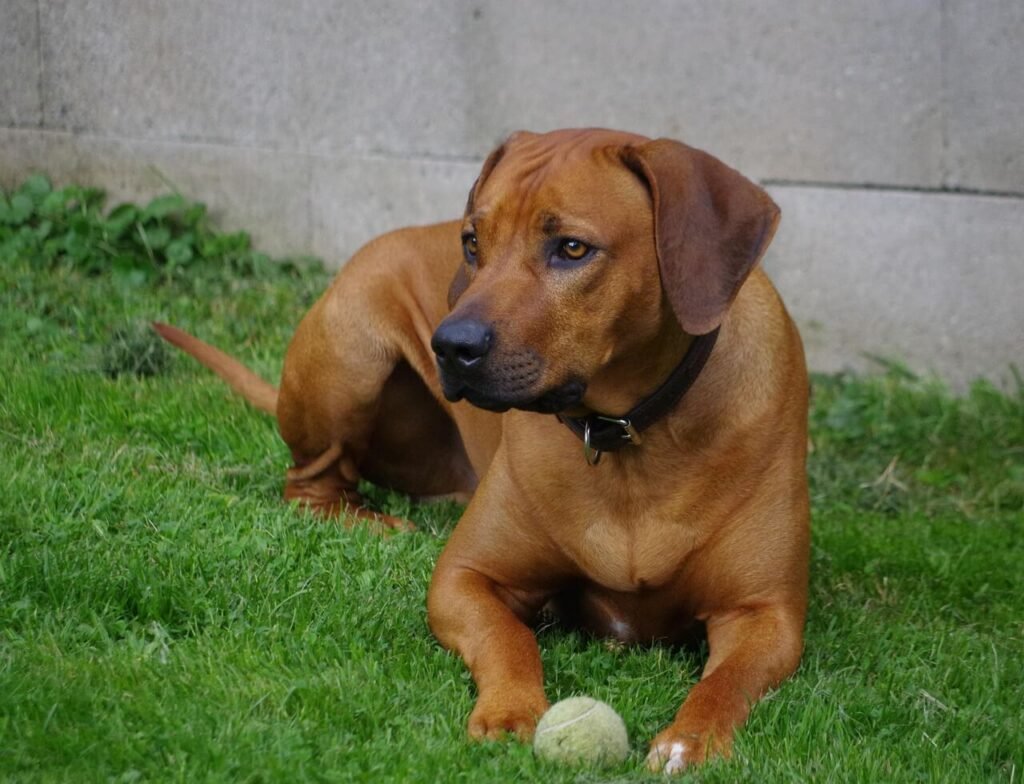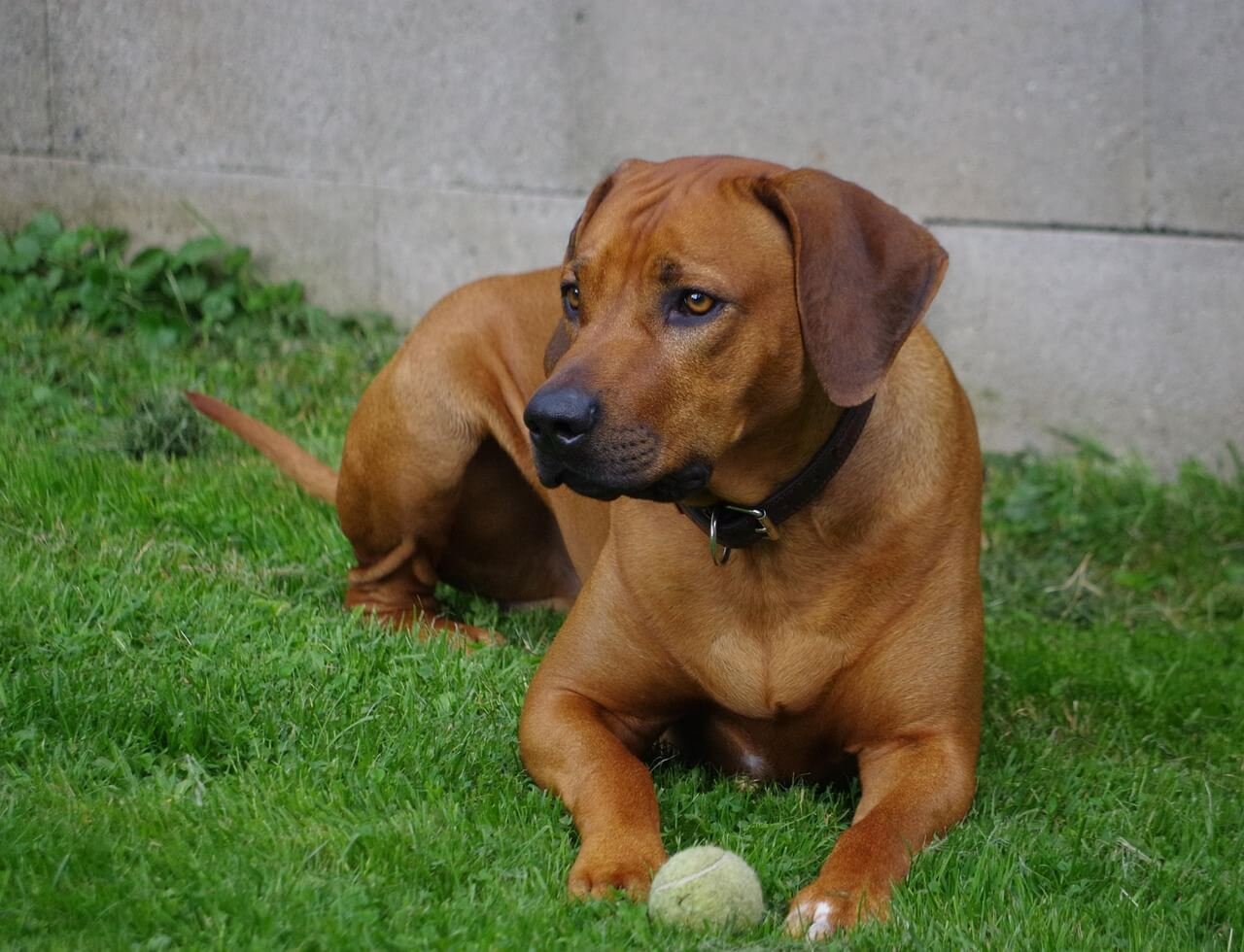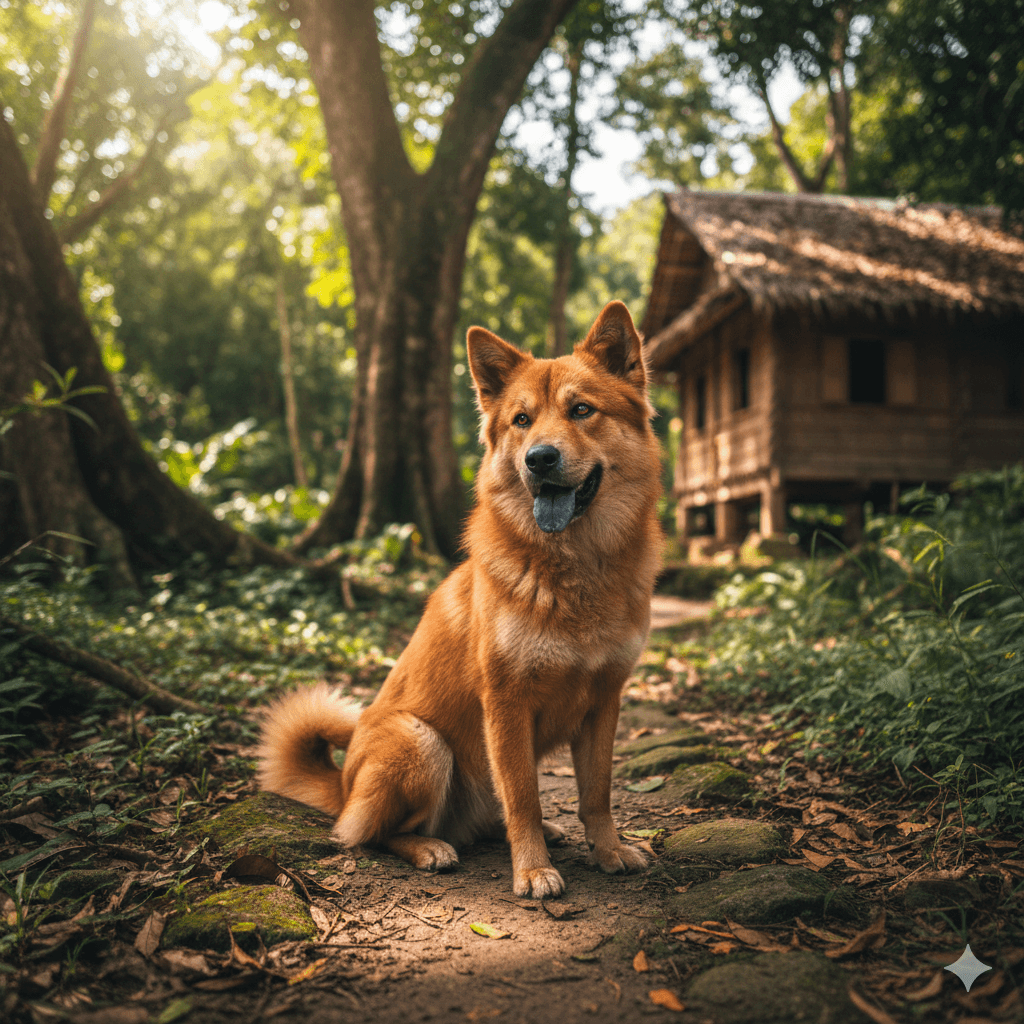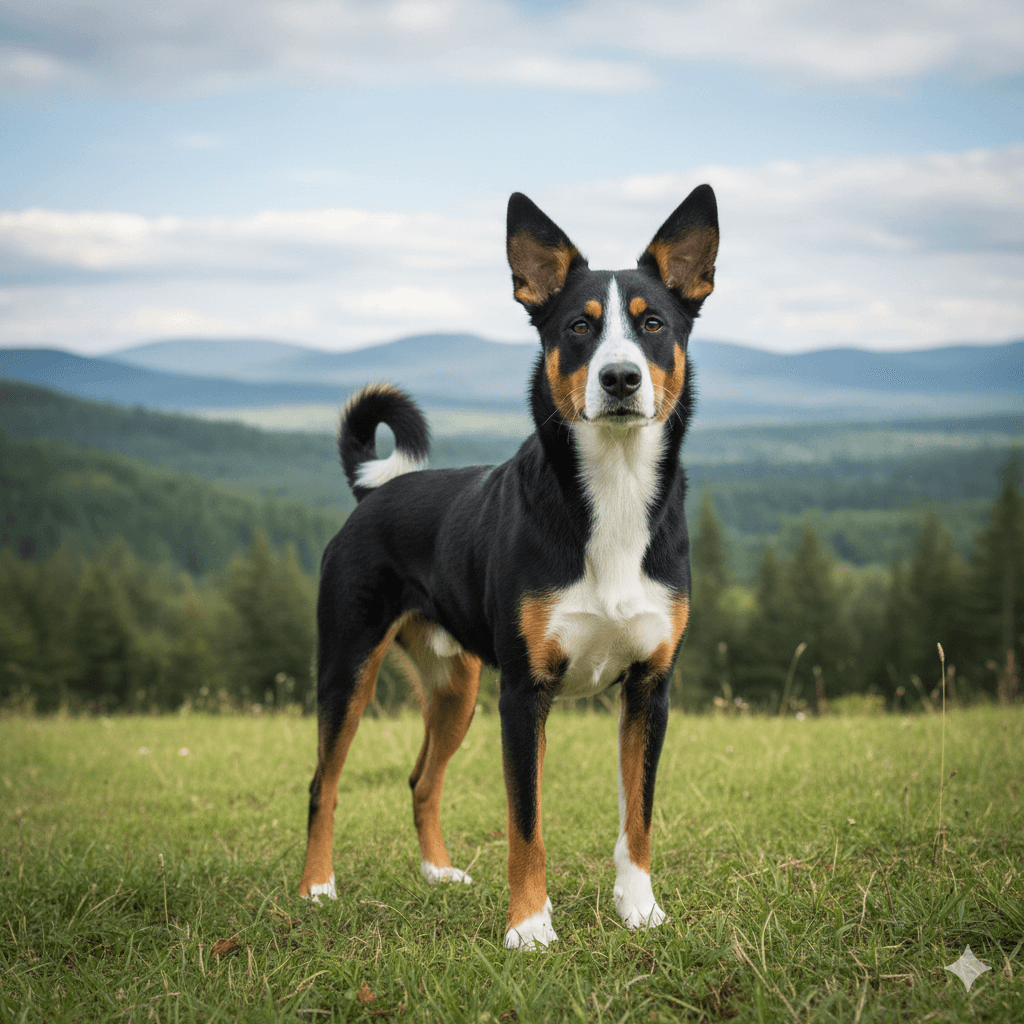Why Does My Dog Like to Chew on My Hand? Understanding Their Behavior
If you’ve ever wondered why your dog seems so determined to chew on your hand, you’re not alone. This behavior is common among dogs of all ages and breeds, but it can leave pet owners puzzled—or even frustrated. Whether you have a playful puppy or an adult dog, chewing on hands often stems from natural instincts, curiosity, or a desire for interaction. While it may seem cute at first, it’s important to address this behavior early to prevent it from becoming a habit. In this blog post, we’ll explore the reasons behind this behavior, how to manage it effectively, and ways to redirect your dog’s energy into more appropriate activities.
Reasons Why Your Dog Chews on Your Hand
Dogs chew on hands for a variety of reasons, and understanding these motivations can help you respond appropriately. Here are some common explanations for this behavior:
Teething in Puppies: Young puppies chew to relieve discomfort as their adult teeth come in.
Exploration Through Mouth: Dogs use their mouths to explore the world, much like humans use their hands.
Playful Interaction: Chewing on hands may be your dog’s way of initiating play or seeking attention.
Boredom or Lack of Stimulation: Without enough mental or physical activity, dogs may resort to chewing as a form of entertainment.
Affection or Bonding: Some dogs nibble on hands as a sign of affection or to mimic grooming behaviors.
While these reasons are natural, it’s important to teach your dog that chewing on hands isn’t acceptable. Redirecting this behavior ensures both you and your dog stay happy and comfortable.
How to Redirect Your Dog’s Chewing Behavior
Redirecting your dog’s chewing behavior requires patience and consistency. By providing alternative outlets for their energy, you can help them develop healthier habits. Here’s how to get started:
Provide Chew Toys: Offer durable, dog-safe toys designed for chewing to satisfy their natural urge.
Use Positive Reinforcement: Reward your dog with treats or praise when they choose a toy over your hand.
Teach “Leave It” or “Drop It”: These commands can help you regain control if your dog starts chewing on your hand.
Engage in Interactive Play: Use tug-of-war or fetch games to channel their energy into structured activities.
Ignore Unwanted Behavior: If your dog chews on your hand, calmly withdraw attention to discourage the action.
By consistently reinforcing positive behaviors, you can teach your dog to chew on appropriate items instead of your hands.
Check this guide 👉Why Is My Dog Chewing Their Paws? Best 7 Expert Tips!
Check this guide 👉Why Does My Dog Chew on Rocks? Best 7 Expert Tips!

Why Dogs Chew on Hands | How to Address It |
|---|---|
Teething discomfort | Provide teething toys or frozen carrots |
Exploration through mouth | Redirect to safe chewable objects |
Playful interaction | Engage in structured play sessions |
Boredom or lack of stimulation | Increase daily exercise and mental games |
Affection or bonding | Encourage licking or gentle petting |
Signs Your Dog Is Chewing Out of Anxiety or Stress
Sometimes, chewing on hands can indicate underlying anxiety or stress rather than simple playfulness. Recognizing these signs can help you address the root cause of the behavior. Here’s what to look for:
Excessive Licking or Nibbling: Constantly mouthing your hands may signal nervousness or insecurity.
Pacing or Restlessness: Dogs with anxiety often display restless behaviors alongside chewing.
Whining or Panting: These vocalizations may accompany chewing when your dog feels stressed.
Avoidance of Eye Contact: A stressed dog may avoid looking at you while chewing on your hand.
Changes in Appetite or Sleep Patterns: Anxiety can also affect other aspects of your dog’s behavior.
If you suspect anxiety is driving the behavior, consider consulting a professional trainer or veterinarian for guidance.
Tips for Preventing Hand-Chewing in Puppies
Puppies are especially prone to chewing on hands due to teething and their natural curiosity. Early intervention is key to preventing this behavior from becoming a long-term issue. Here are some tips to manage puppy chewing:
Supervise Closely: Keep an eye on your puppy to intervene before they start chewing on your hands.
Offer a Variety of Toys: Rotate different textures and shapes to keep them interested in approved items.
Use Bitter Sprays: Apply safe, pet-friendly deterrent sprays to your hands to discourage chewing.
Practice Short Training Sessions: Teach basic commands like “leave it” in short, engaging bursts.
Socialize with Other Dogs: Playing with other puppies helps them learn bite inhibition and reduces hand-chewing tendencies.
By focusing on prevention and training, you can set your puppy up for success and reduce unwanted behaviors.
What Not to Do When Your Dog Chews on Your Hand
While addressing hand-chewing behavior, it’s important to avoid actions that could unintentionally reinforce or worsen the problem. Missteps in training can lead to confusion or increased stubbornness in your dog. Here are some common mistakes to steer clear of:
Yanking Your Hand Away Too Aggressively: This can excite your dog further and make chewing seem like a game.
Punishing Harshly: Scolding or physical punishment can damage trust and create fear instead of solving the issue.
Using Your Hands for Play: Wrestling or roughhousing with your hands encourages dogs to see them as toys.
Ignoring Consistency: Inconsistent responses confuse dogs and make it harder for them to learn what’s acceptable.
Overlooking Underlying Issues: Failing to address anxiety, boredom, or teething needs can prolong the behavior unnecessarily.
By avoiding these pitfalls, you’ll set the stage for more effective training and a stronger bond with your dog.
Fun Activities to Keep Your Dog Engaged and Happy
Redirecting your dog’s chewing behavior is easier when you provide alternative activities that fulfill their need for mental and physical stimulation. Here are some engaging options to try:
Interactive Puzzle Toys: These challenge your dog’s problem-solving skills and keep them occupied for hours.
Tug-of-War Games: A structured tug session satisfies their urge to chew while reinforcing rules and commands.
Chew-Friendly Treats: Offer long-lasting chews like bully sticks or dental bones to satisfy their natural chewing instinct.
Obedience Training Drills: Short, focused training sessions engage their mind and strengthen your communication.
Nature Walks and Sniffing Adventures: Letting your dog explore new environments provides mental enrichment and tires them out.
Providing these alternatives ensures your dog stays entertained and reduces the likelihood of them resorting to hand-chewing.
How to Know If Your Efforts Are Working
Behavior modification takes time, but recognizing signs of progress can keep you motivated and confident in your approach. Here’s how to tell if your dog is improving:
Decreased Frequency of Hand-Chewing: You’ll notice fewer instances of your dog attempting to chew on your hands.
Increased Interest in Toys: Your dog will start gravitating toward their toys instead of your hands for playtime.
Improved Response to Commands: They’ll listen better when told to “leave it” or “drop it,” showing they understand boundaries.
Calmer Interactions: Your dog will interact with you more gently and respectfully during play or cuddles.
Reduced Signs of Anxiety: Fewer stress signals, like pacing or whining, indicate they feel more secure and content.
Celebrating small victories along the way reinforces your efforts and motivates you to continue guiding your dog toward positive habits.
Frequently Asked Questions About Dogs Chewing on Hands
Why does my dog chew on my hand specifically?
Dogs often chew on hands because they’re readily available and part of their interaction with you.
Is chewing on hands dangerous for my dog?
While not inherently dangerous, it can lead to accidental bites or reinforce bad habits if left unchecked.
How can I stop my dog from chewing on my hand?
Redirect the behavior to toys, use positive reinforcement, and avoid encouraging rough play.
What should I do if my puppy bites too hard?
Yelp loudly to signal pain, then stop interacting briefly to teach bite inhibition.
Can older dogs still learn not to chew on hands?
Yes, with consistent training and redirection, adult dogs can unlearn this behavior.
Final Thoughts: Building a Happy, Chew-Free Relationship
Understanding why your dog likes to chew on your hand is the first step toward addressing the behavior effectively. Whether it’s teething, playfulness, or anxiety driving the action, there are plenty of ways to redirect their energy into healthier outlets. By providing appropriate chew toys, engaging in structured play, and reinforcing positive behaviors, you can strengthen your bond with your dog while keeping your hands safe. Remember, patience and consistency are key—your furry friend is learning, and with your guidance, they’ll soon outgrow this phase. Together, you can create a harmonious relationship built on trust, respect, and plenty of fun!
Telomian Chow Chow Mix: Best 7 Expert Tips! – Discover the unique blend of loyalty, agility, and independence in this rare hybrid. Perfect for devoted dog lovers!
Telomian Akita Mix: Best 7 Expert Tips! – Discover the perfect blend of loyalty, strength, and agility in this unique hybrid. Learn care, training, and health tips!
Telomian Bernese Mountain Dog Mix: Best 7 Expert Tips! – Discover the perfect blend of agility, loyalty, and charm in this unique hybrid companion.
Telomian Bulldog Mix: Best 7 Expert Tips! – Discover the perfect blend of loyalty, energy, and charm with this unique hybrid breed. Ideal for active families!





